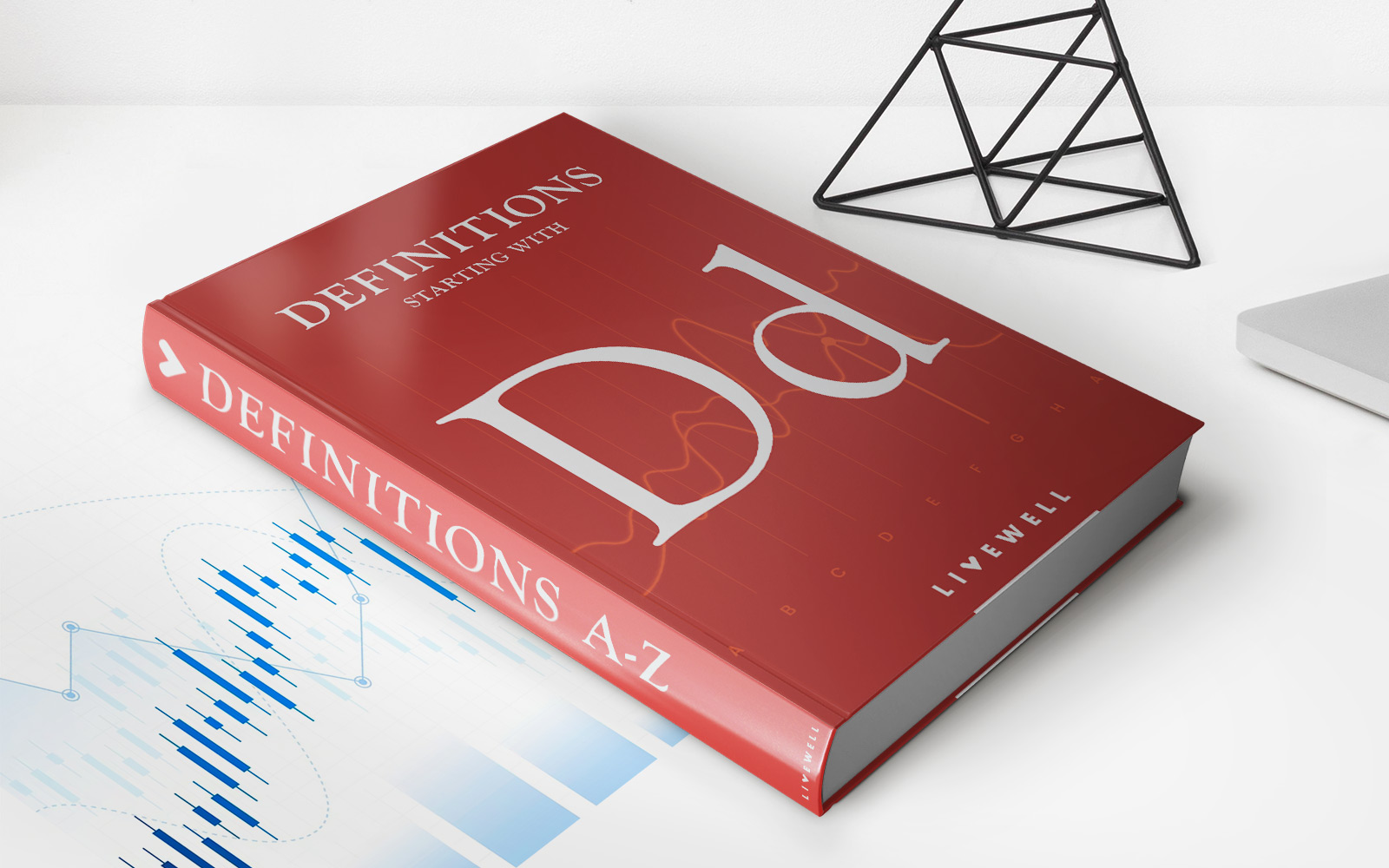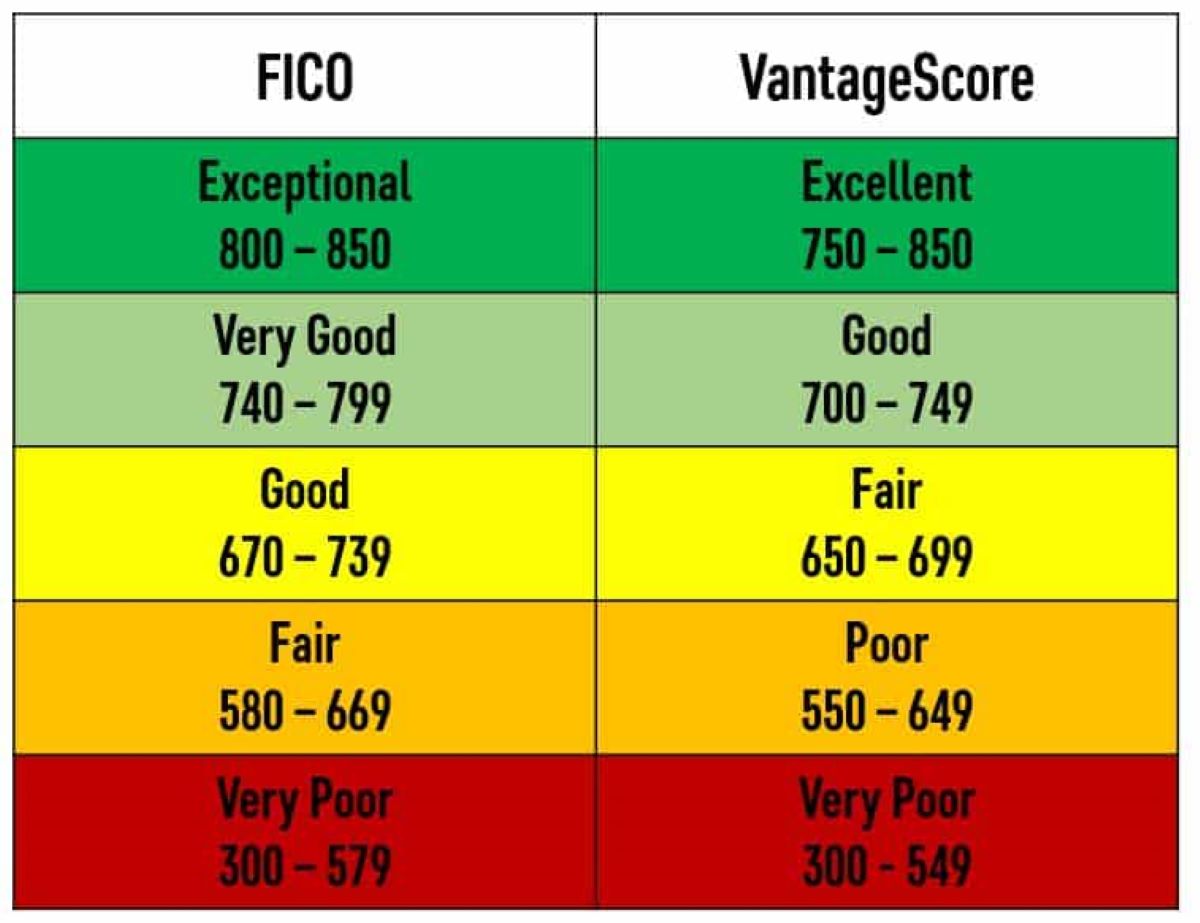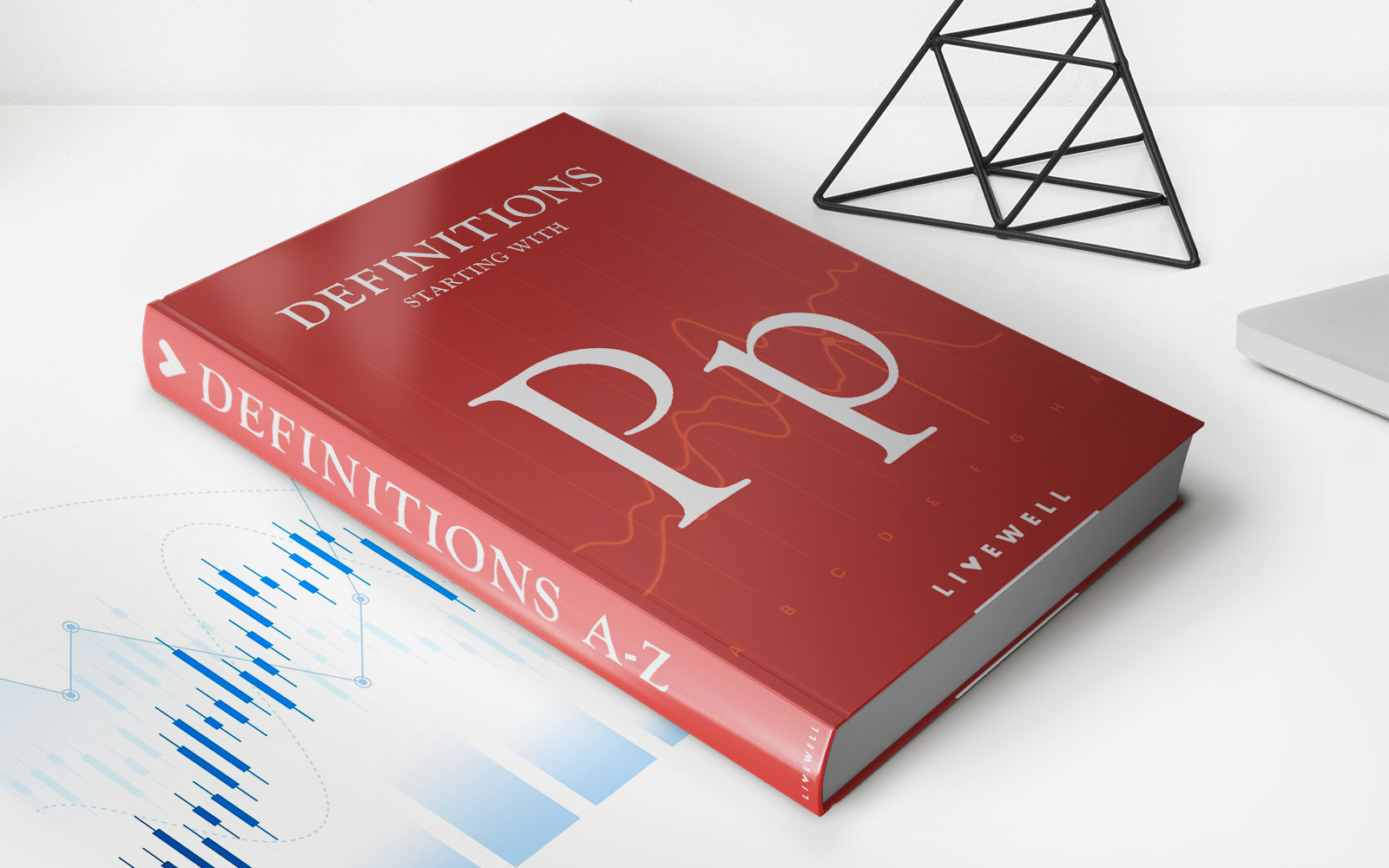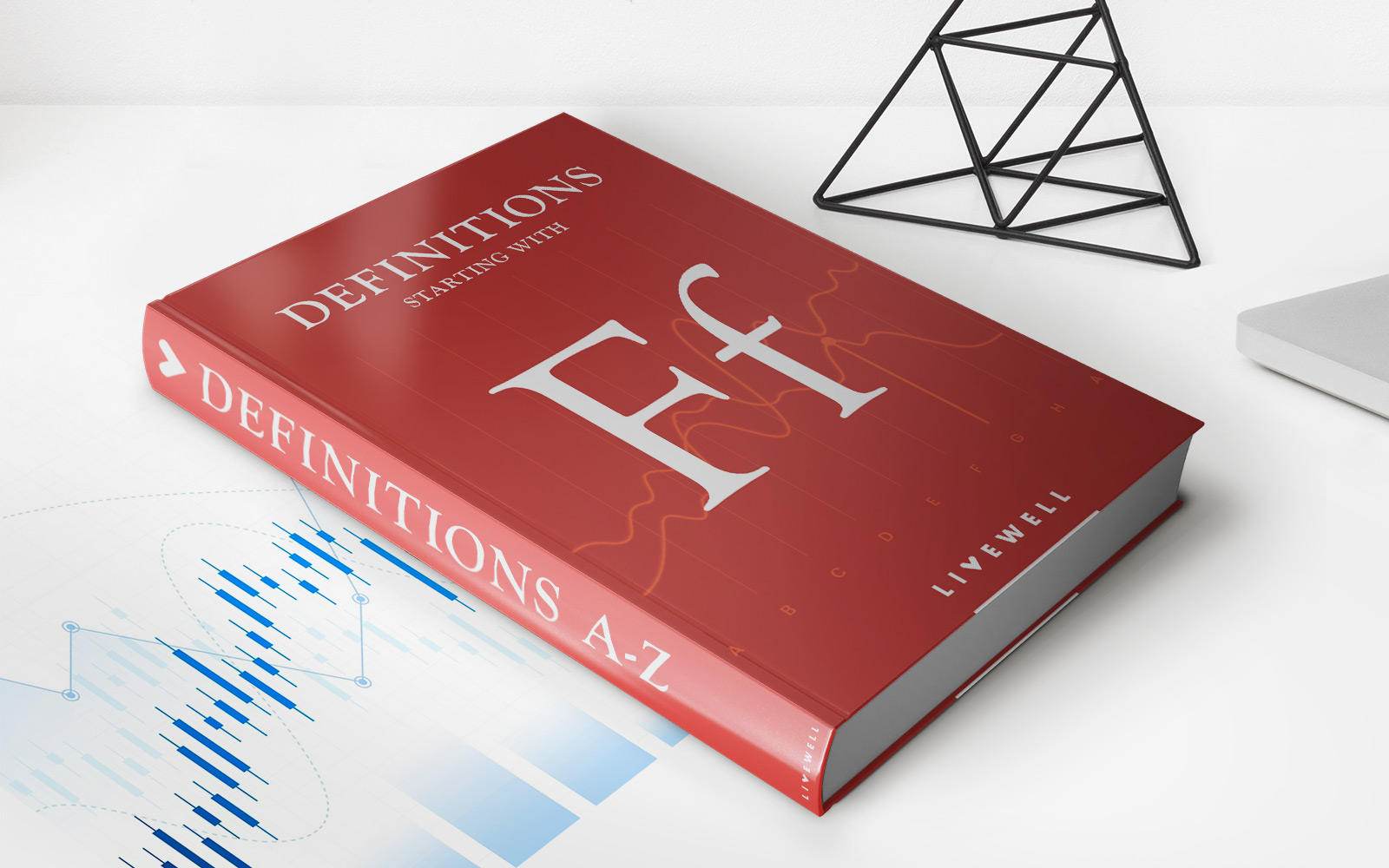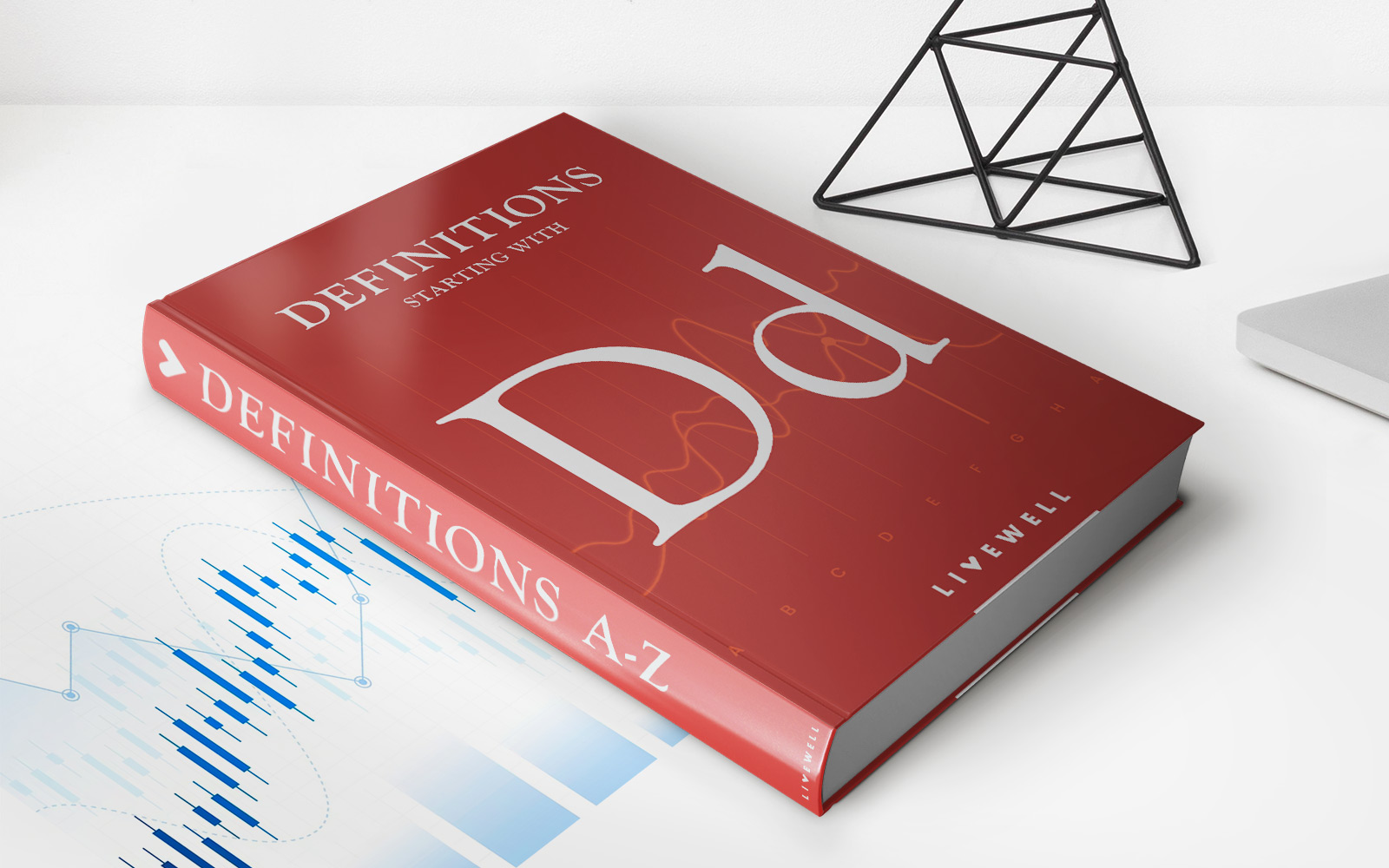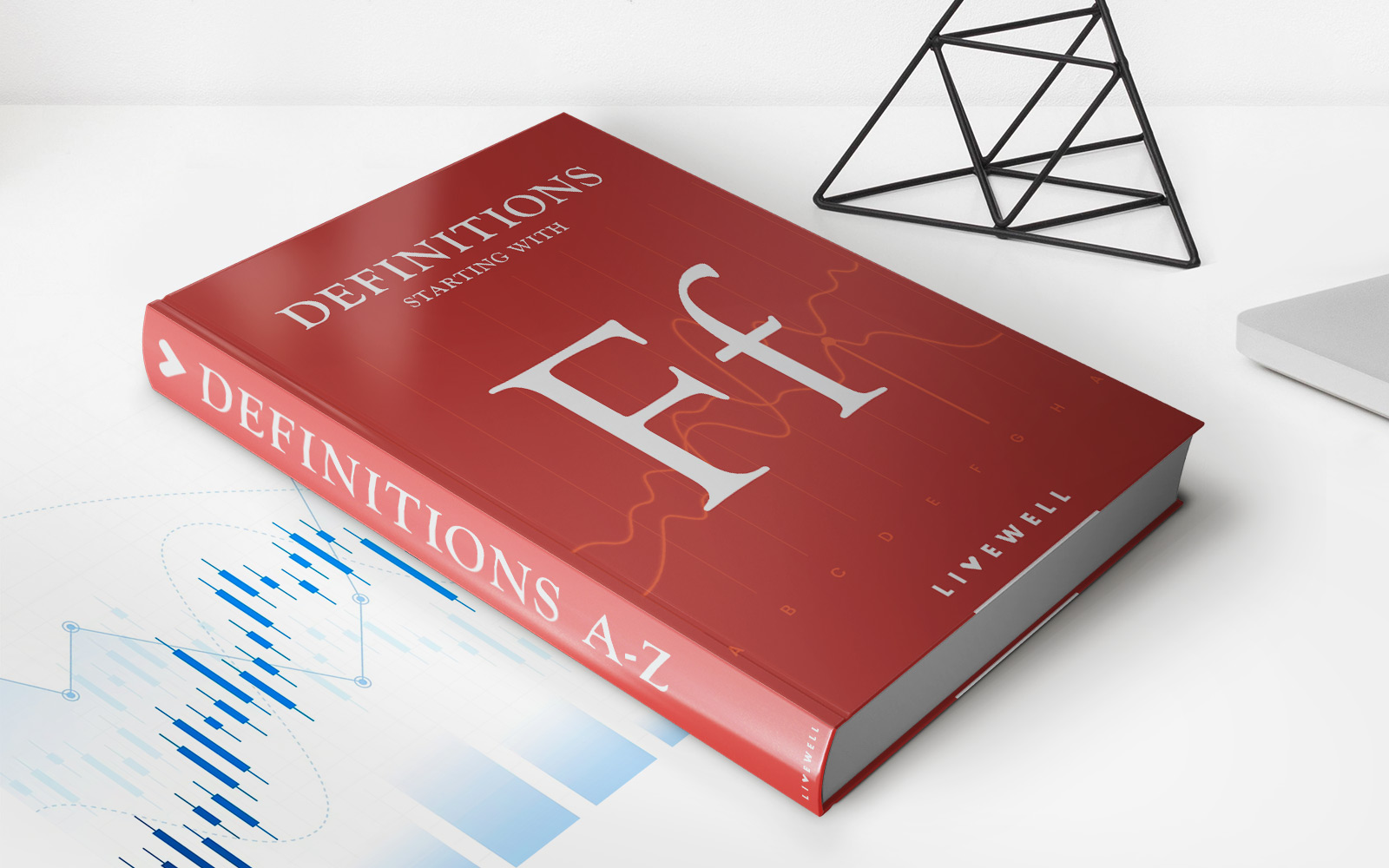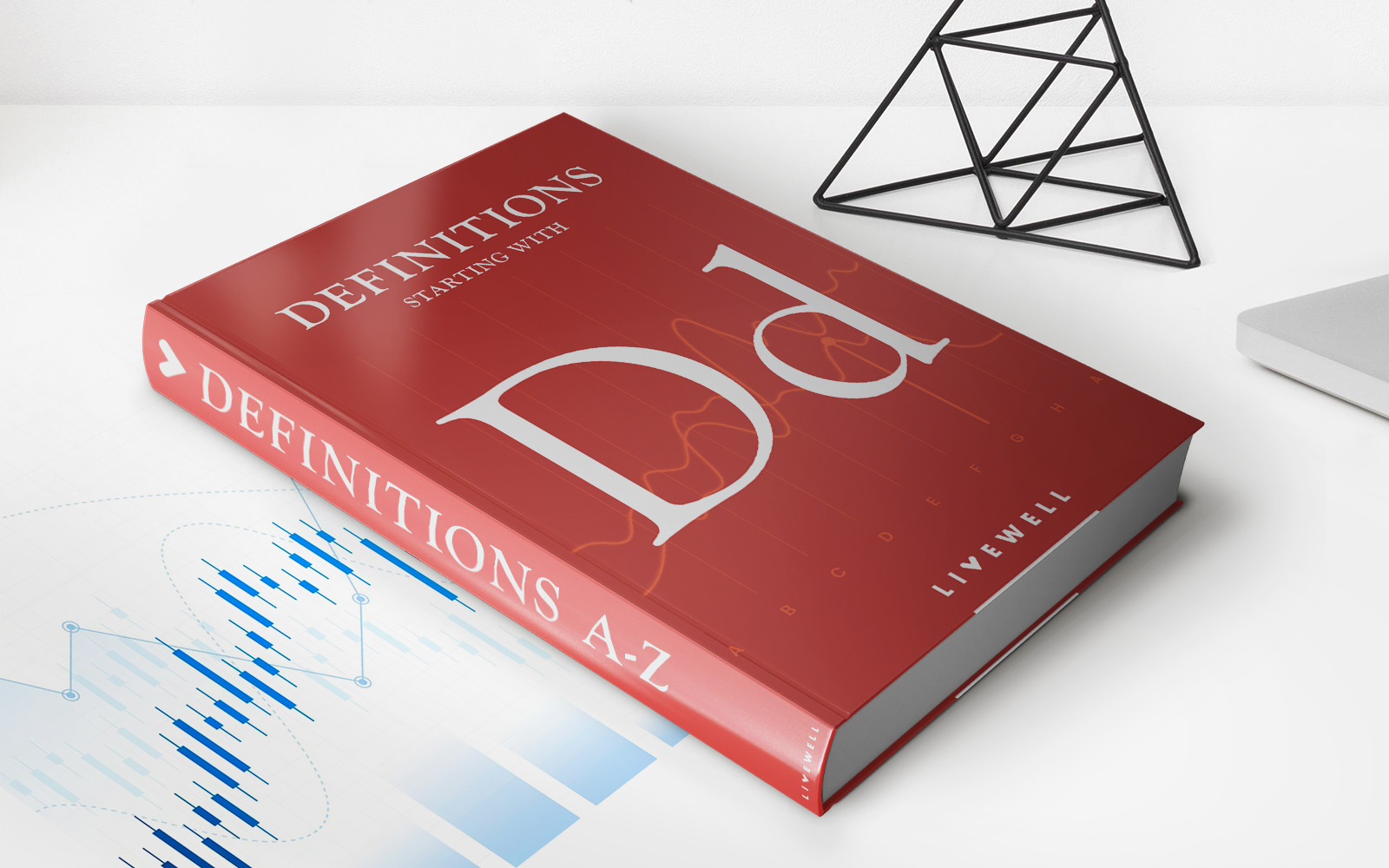

Finance
Dynamic Scoring Definition
Published: November 15, 2023
Learn about dynamic scoring in finance and how it impacts economic analysis. Explore the definition, benefits, and limitations of this financial technique.
(Many of the links in this article redirect to a specific reviewed product. Your purchase of these products through affiliate links helps to generate commission for LiveWell, at no extra cost. Learn more)
Understanding Dynamic Scoring: A Comprehensive Guide
Finance is a vast field that encompasses numerous subcategories, and one such important category is dynamic scoring. In this blog post, we will delve into the world of dynamic scoring and provide you with a comprehensive understanding of what it entails, how it works, and its significance in the realm of finance. So, if you’re curious to learn about this fascinating aspect, keep reading!
Key Takeaways:
- Dynamic scoring is a method used to evaluate the impact of various fiscal policies on the economy using dynamic models.
- It takes into account the economic feedback effects of policy changes, considering the responses of individuals, businesses, and the overall market.
What is Dynamic Scoring?
Dynamic scoring is a technique used to assess the impact of fiscal policies on the economy by incorporating dynamic or forward-looking analysis. Unlike static scoring, which focuses only on the direct effects of policy changes, dynamic scoring takes into account the indirect feedback effects that can occur due to changes in individual behavior, business investments, and market dynamics. It aims to provide a more accurate assessment of the long-term implications of policy decisions.
In dynamic scoring, economic models are developed to simulate various scenarios and predict the potential outcomes of policy changes. These models consider factors such as changes in consumer spending, business investment, labor market dynamics, and overall economic growth. By analyzing the complex interconnectedness of these factors, policymakers can make more informed decisions regarding fiscal policies.
How Does Dynamic Scoring Work?
Dynamic scoring utilizes advanced economic models to assess the potential impacts of policy changes. Here’s a simplified breakdown of how it works:
- Define the Policy: The first step is to clearly define the policy change under consideration. This could be a tax reform, changes in government spending, or modifications in regulations.
- Develop an Economic Model: Economists and analysts create an economic model that simulates the effects of the policy change on various economic variables. These models consider factors like consumer behavior, business investments, labor market dynamics, and overall economic growth.
- Simulate Scenarios: Different scenarios are simulated within the established economic model to predict the potential outcomes of the policy change. This involves analyzing how individuals, businesses, and the market might respond to the policy changes over time.
- Assess Long-Term Implications: By taking into account the dynamic feedback effects, policymakers can assess the long-term implications of the policy change. This allows them to make more informed decisions and understand the potential consequences on economic growth, tax revenues, and budget deficits.
The Significance of Dynamic Scoring
Dynamic scoring holds significant importance in the field of finance and policymaking. Here are a few key reasons why dynamic scoring is crucial:
- Accurate Analysis: Dynamic scoring provides a more accurate and comprehensive analysis of fiscal policies compared to static scoring. By considering the dynamic effects, it enables policymakers to understand the real-world implications of policy changes and make more informed decisions.
- Long-Term Planning: By assessing the long-term implications, dynamic scoring helps policymakers anticipate the potential outcomes of policy changes in the future. This allows for better long-term planning, ensuring economic stability and sustainable growth.
- Budgetary Impact: Dynamic scoring helps policymakers understand the potential impact of fiscal policies on tax revenues, budget deficits, and overall economic performance. This knowledge is crucial in maintaining fiscal discipline and making wise budgetary decisions.
Dynamic scoring plays a vital role in shaping economic policies and fiscal decision-making. By considering the dynamic effects of policy changes, policymakers can gain a more comprehensive understanding of their potential impact. This allows for more accurate planning, better allocation of resources, and ultimately, a stronger and more resilient economy.



